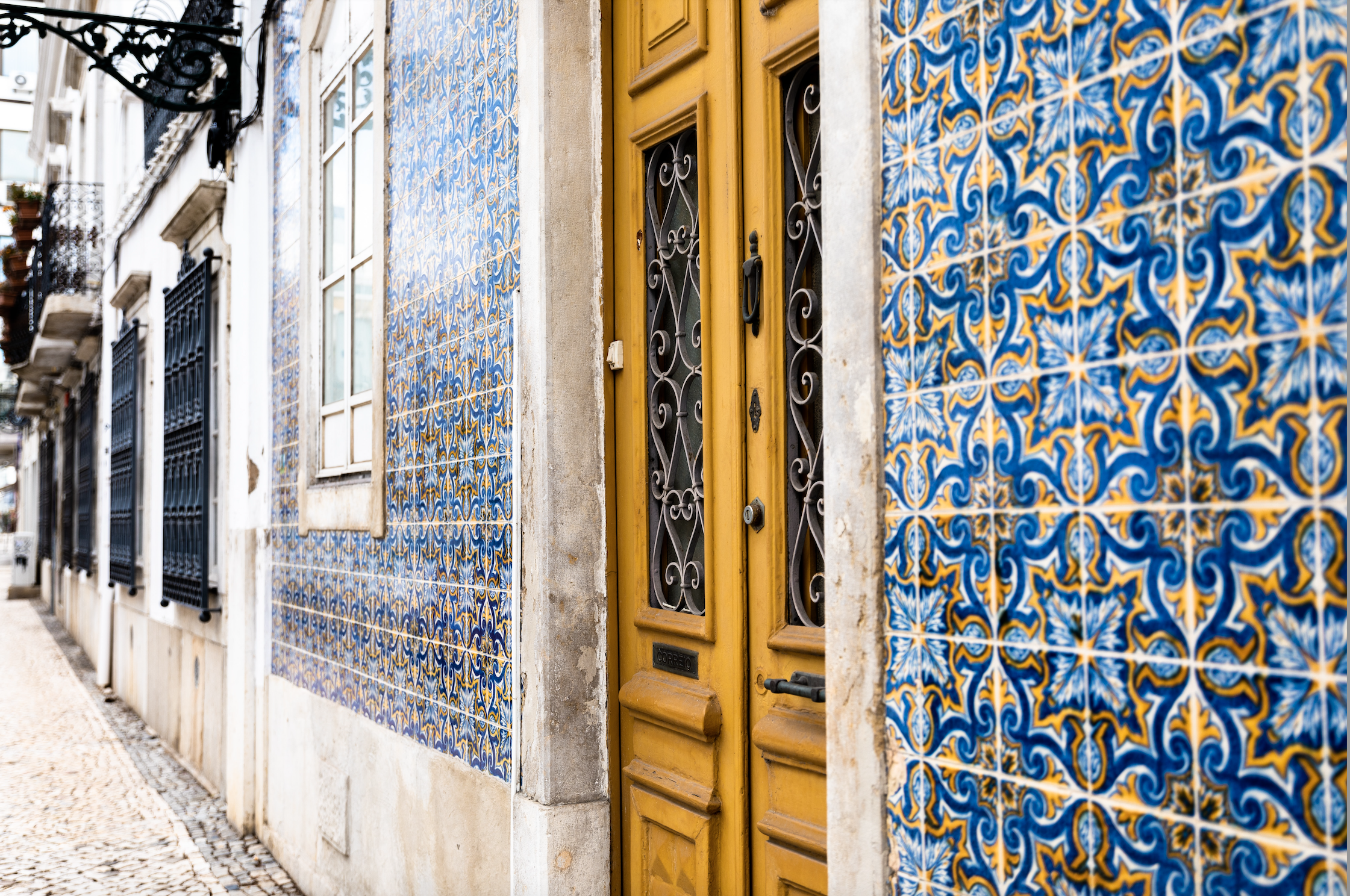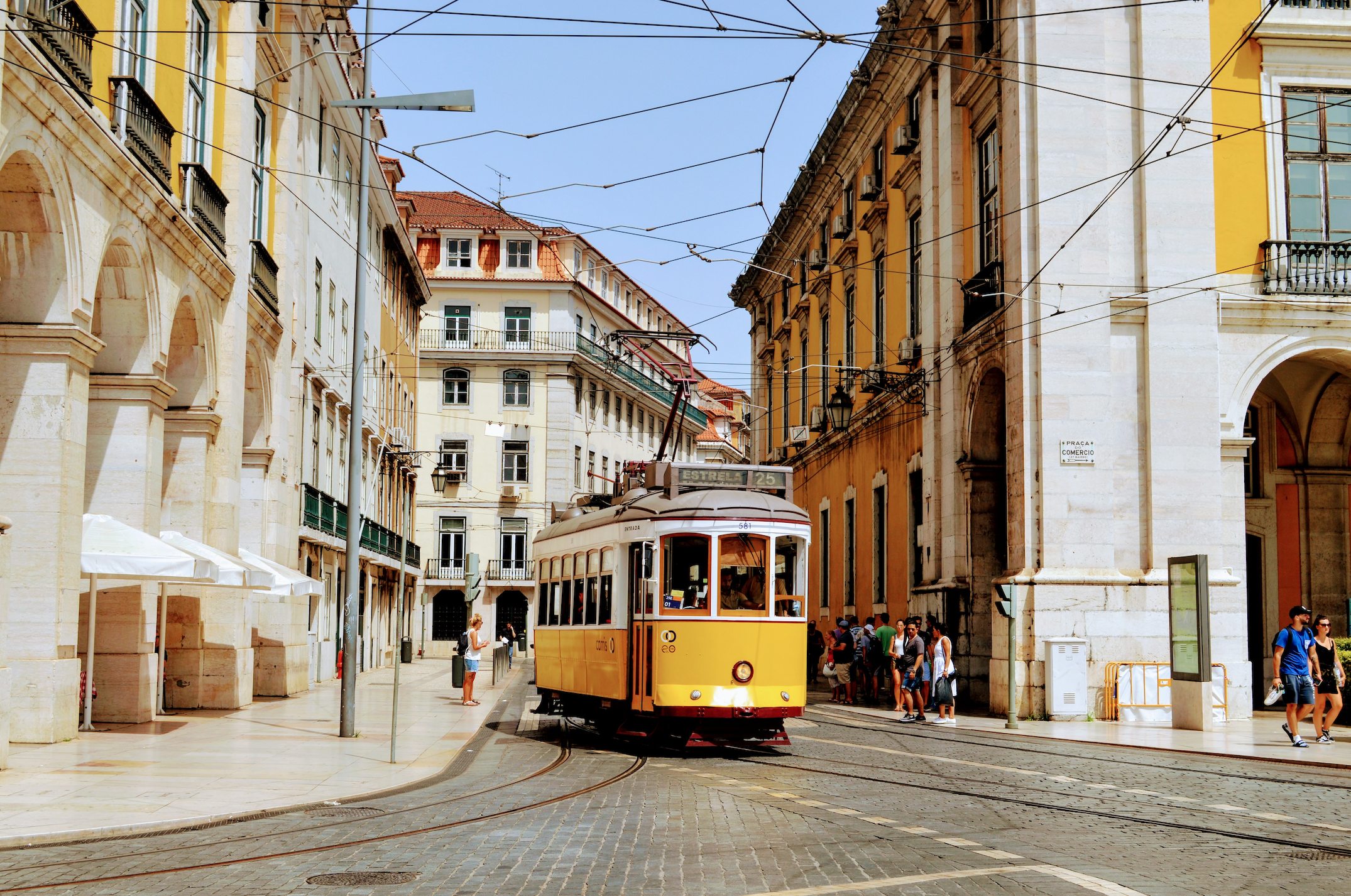Buying a house in Portugal as a foreigner: our guide! 🇵🇹🏠
There is more and more interest in buying property in Portugal. The Golden Visa program, for example, has greatly encouraged investment in Portugal. One of the easiest ways to obtain residency is through real estate investment. It is important for you to know that at the moment there are no restrictions for foreigners to buying a house in Portugal.
When looking for a property for sale in Portugal, it is important to take into account the legal process and the necessary registrations. In addition, you should take into account the costs such as taxes and other expenses associated with buying a property in Portugal.
Buying a house in Portugal as a foreigner: Process to buy a house in Portugal
First of all, the easiest way to find a property in Portugal is through a real estate agency. Real estate agents in Portugal must be affiliated with the Associação dos Mediadores do Imobiliário de Portugal and display their license number. You can check if an agent is registered contacting with the Associação dos Profissionais e Empresas de Mediação Imobiliária de Portugal (APEMIP).
Real estate agencies work on behalf of the seller and charge a commission on the sale which is borne by the seller. However, the commission is usually around 5 and 10%. That is why, before going ahead with the purchase of a house in Portugal we recommend you get advice to ensure your interests are protected.
– First steps: NIF and bank account
Once you have found the house you are interested in buying, you will have to obtain the NIF and open your bank account.
- NIF. The NIF is a Portuguese tax identification number that you will need to carry out many procedures, including buying a house in Portugal. If you are not physically present in Portugal, we can obtain it on your behalf through a Power of Attorney. Initially, you will be given a provisional number, which will become definitive after a few months or once you become a resident in Portugal.
- Bank account. It is not mandatory to have a Portuguese bank account to buy a house in Portugal. However, it is advisable to facilitate and manage payments related to the property such as utility bills, taxes, etc.
– Reservation of the property
Once you have found the house you want to buy and submit an offer, you will need to make a reservation and pay an initial fee. The reservation is usually around €6,000.
Also, we recommend getting advice from an independent lawyer, especially if you do not speak Portuguese. Lawyers will negotiate with the sellers on your behalf, and review the contractual information. We recommend that they conduct a due diligence on the property and an inspection to check that everything is in order with the property.
– CPCV – Promise to purchase
Although the contract of promise to purchase and sale (“contrato de promessa de compra e venda“) is not mandatory, we recommend signing it to protect the interests of the parties. This contract will establish the conditions of the sale and purchase as well as the details to formalize the signature before a notary. At this point, you will normally have to increase your deposit to 30% of the total purchase price.
– Public Deed of Sale and Purchase
Finally, you will sign the public deed of sale (“escritura pública de compra e venda”) before a notary. Then, you’ll have to register the deed in the land registry. Also, you will have to change the ownership in the cadastre.
Cost of buying a house in Portugal
– Taxes
- Municipal Transfer Tax (“Imposto Municipal sobre as Transmissões”). The IMT depends on the price of the house varies according to the situation of the payer. The tax rate can vary between 0% to 10% for residents in tax havens. If the house will be the main residence, there is a bonification of up to €92,407. Subsequently, the applicable rates will be staggered.
- Stamp duty (“Imposto do Selo”): 0.8% of the value of the property.
⚠️ Wealth tax. In Portugal, there is a wealth tax. The tax rates are as follows:
– 0.4% to real estate acquired by companies;
– 0.7% for real estate acquired by individuals;
– 1% if you own more properties in Portugal whose value exceeds one million euros.
At the moment, if you as an individual own real estate, you’ll benefit from an allowance of €600,000 for all the properties. Also, note that companies holding real estate are not eligible to benefit from this deduction.
– Other expenses to take into account.
- Notary and land registry fees. These are usually between 0.2% and 1.2% of the value of the property.
- Lawyers’ fees. The fees are usually a percentage of the purchase value. In any case, this will depend on the lawyers you decide to work with.
- Portuguese mortgage costs. If you obtain a mortgage, you will also have to consider related expenses such as valuation and registration.
If you want more information about the process of buying a property in Portugal, do not hesitate to contact us. 📩



